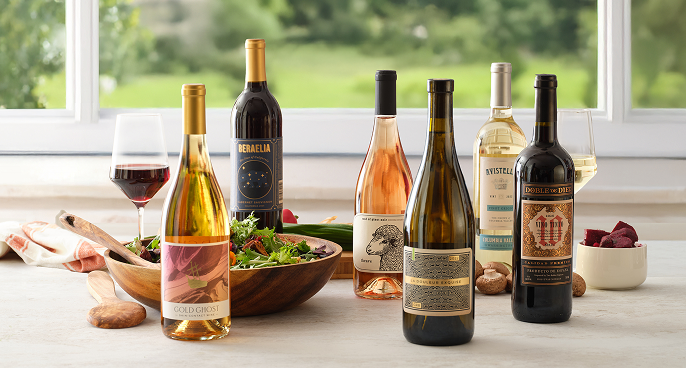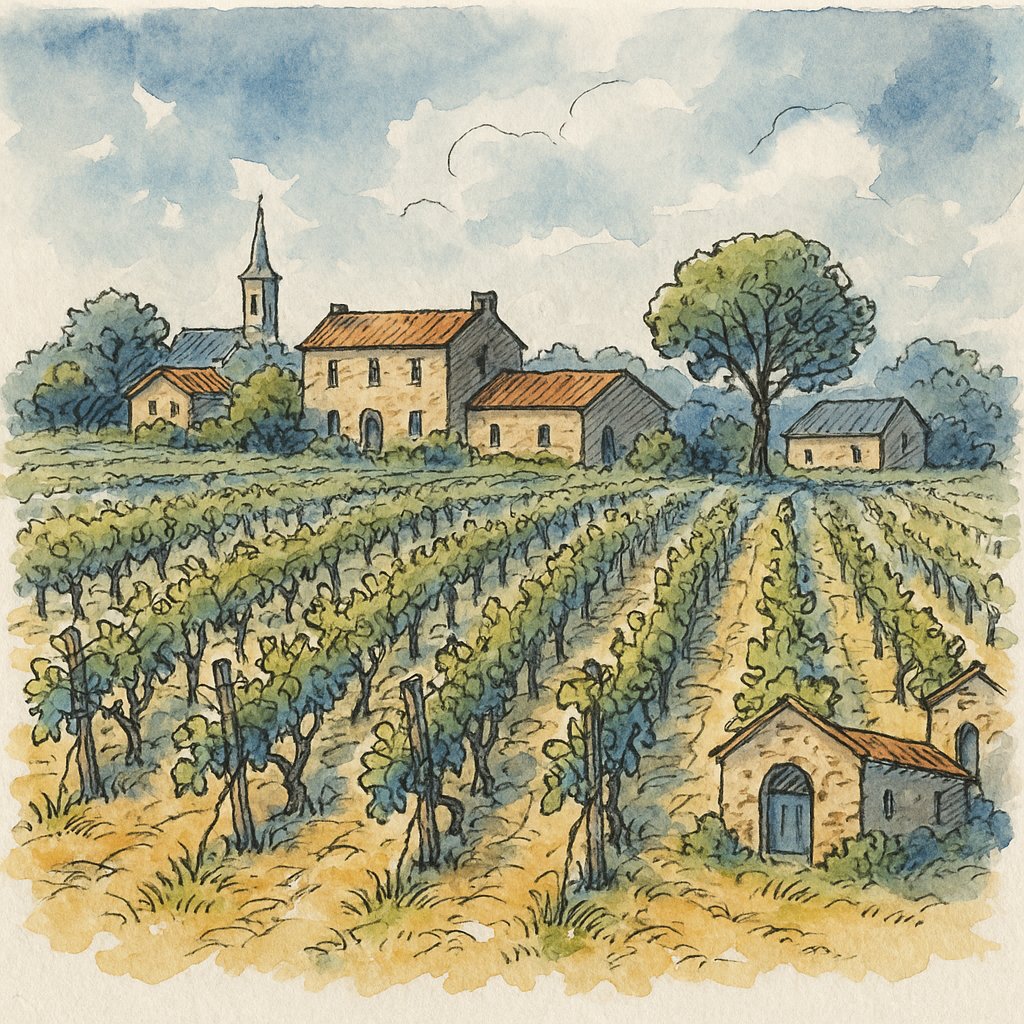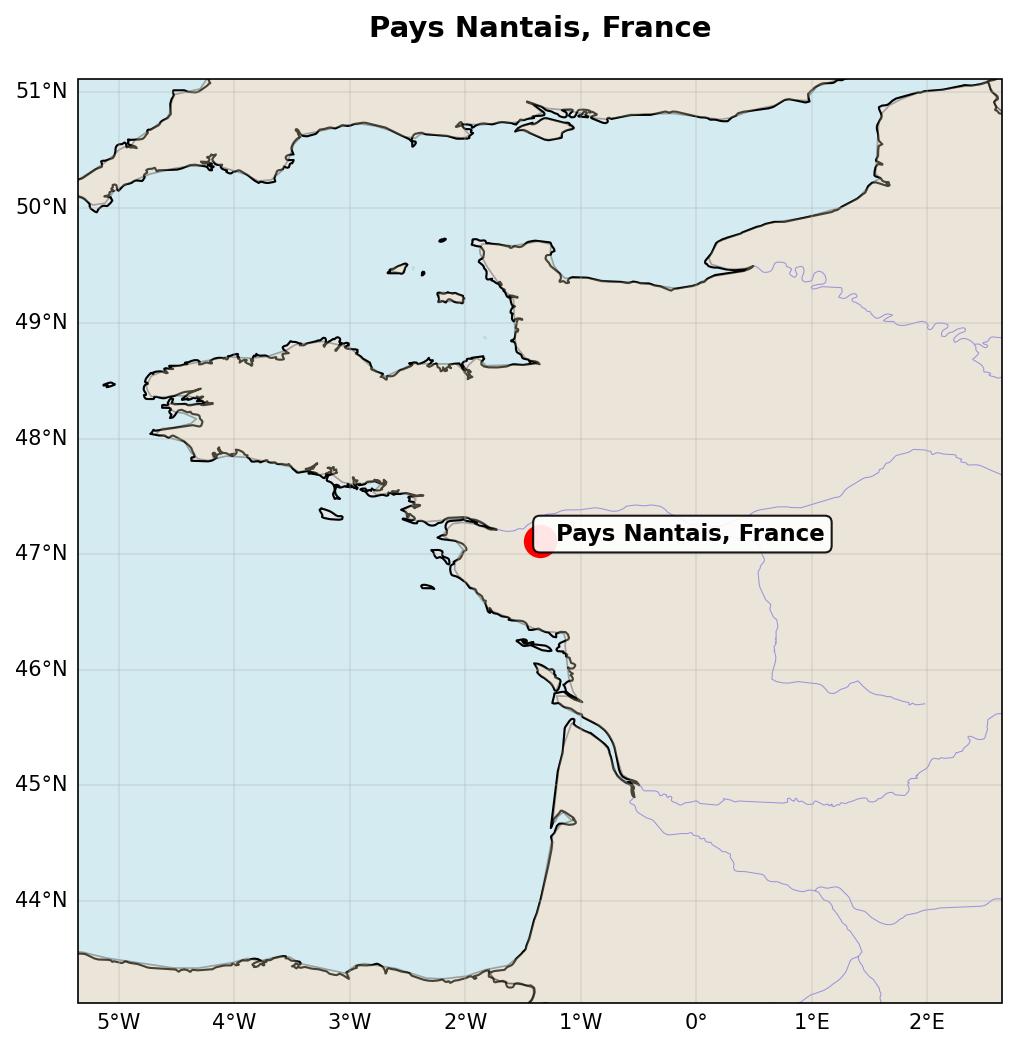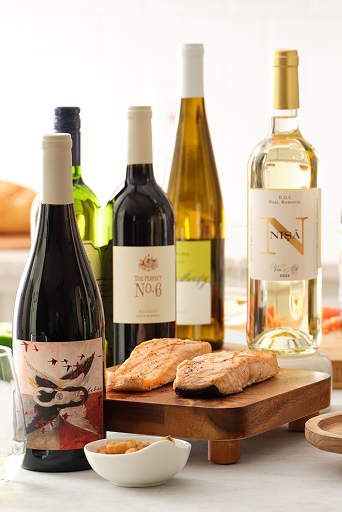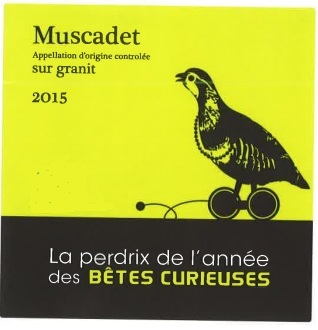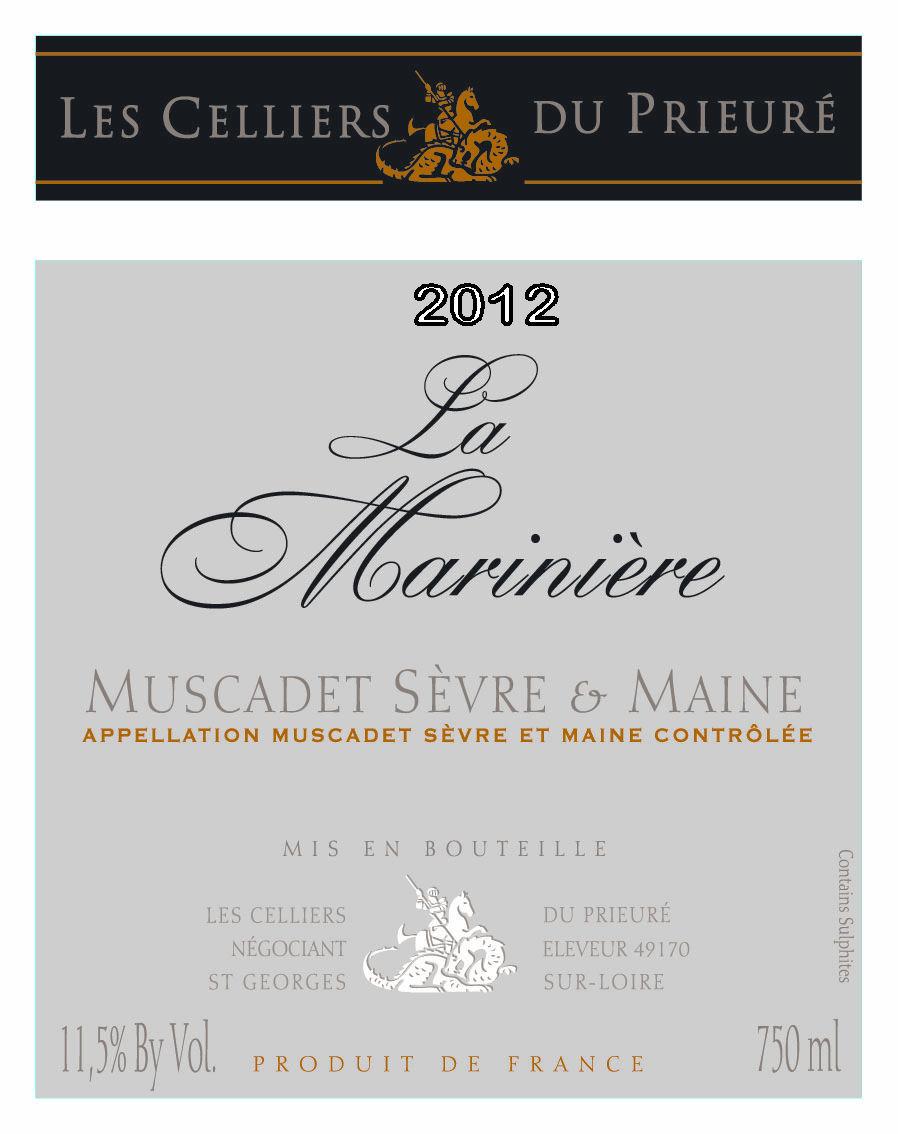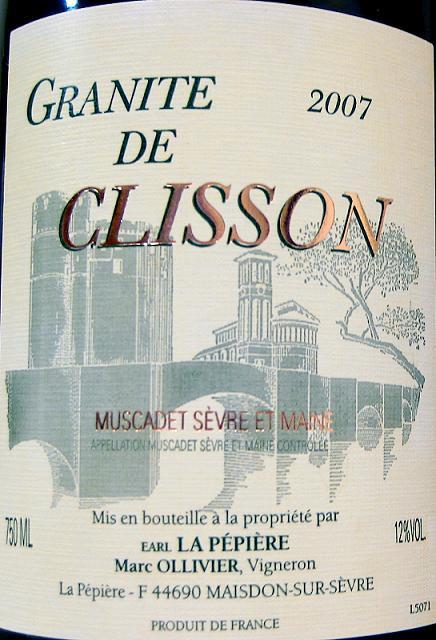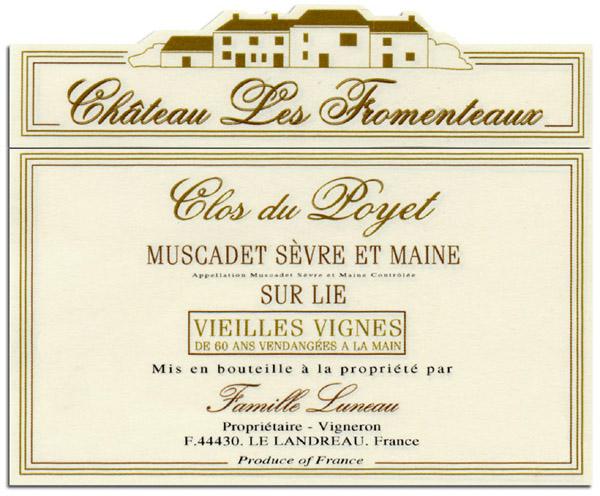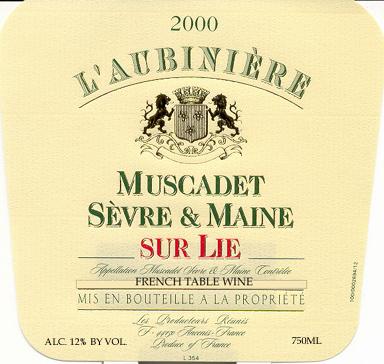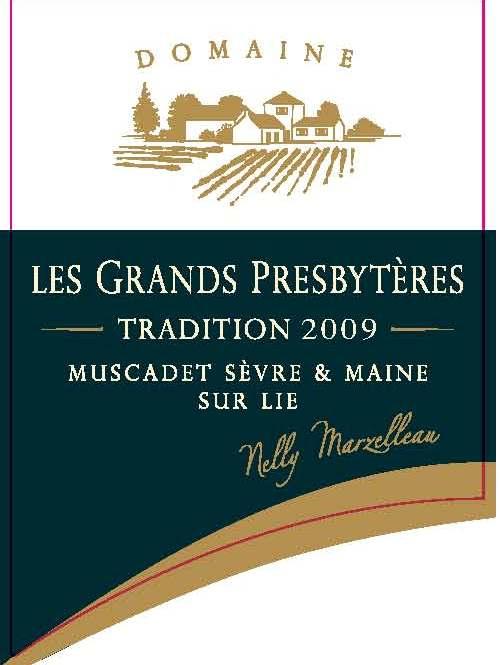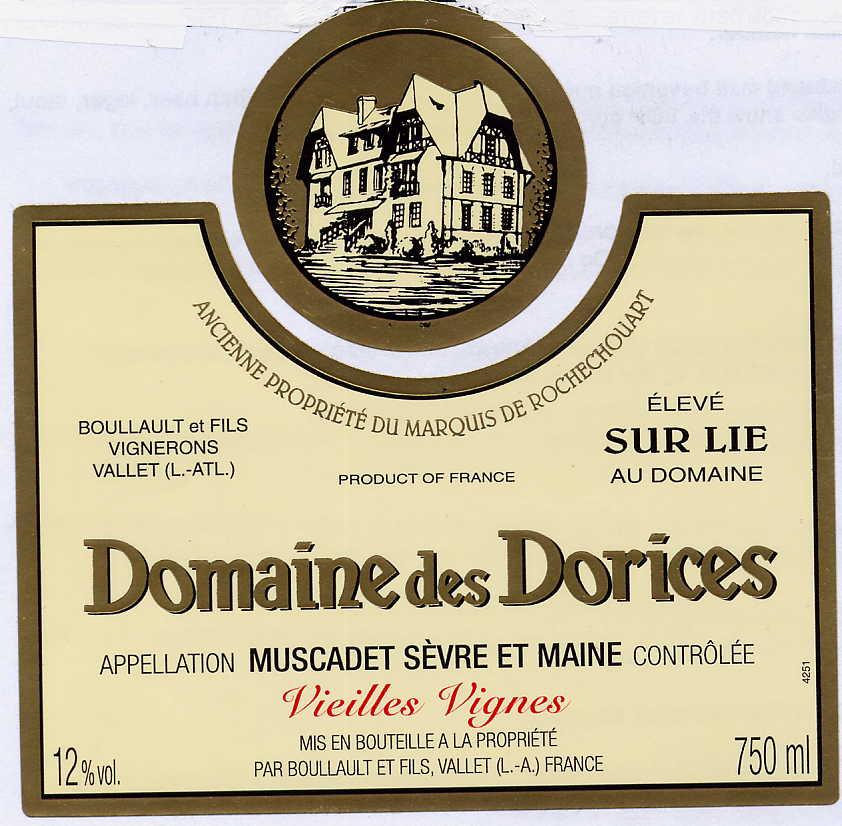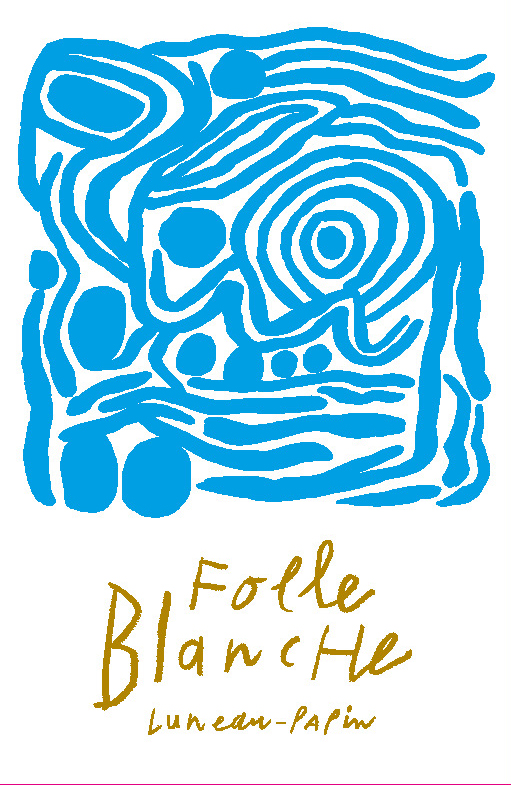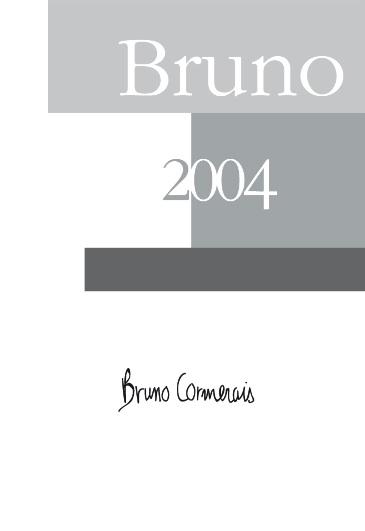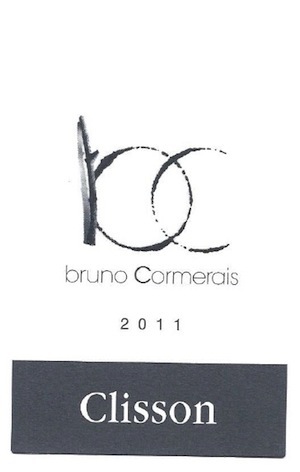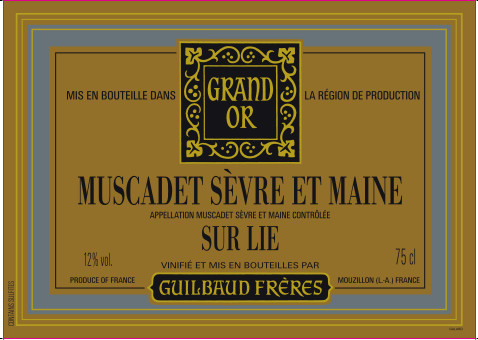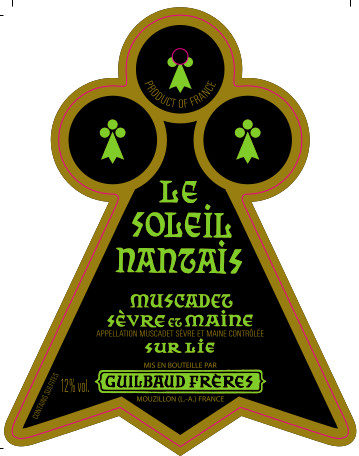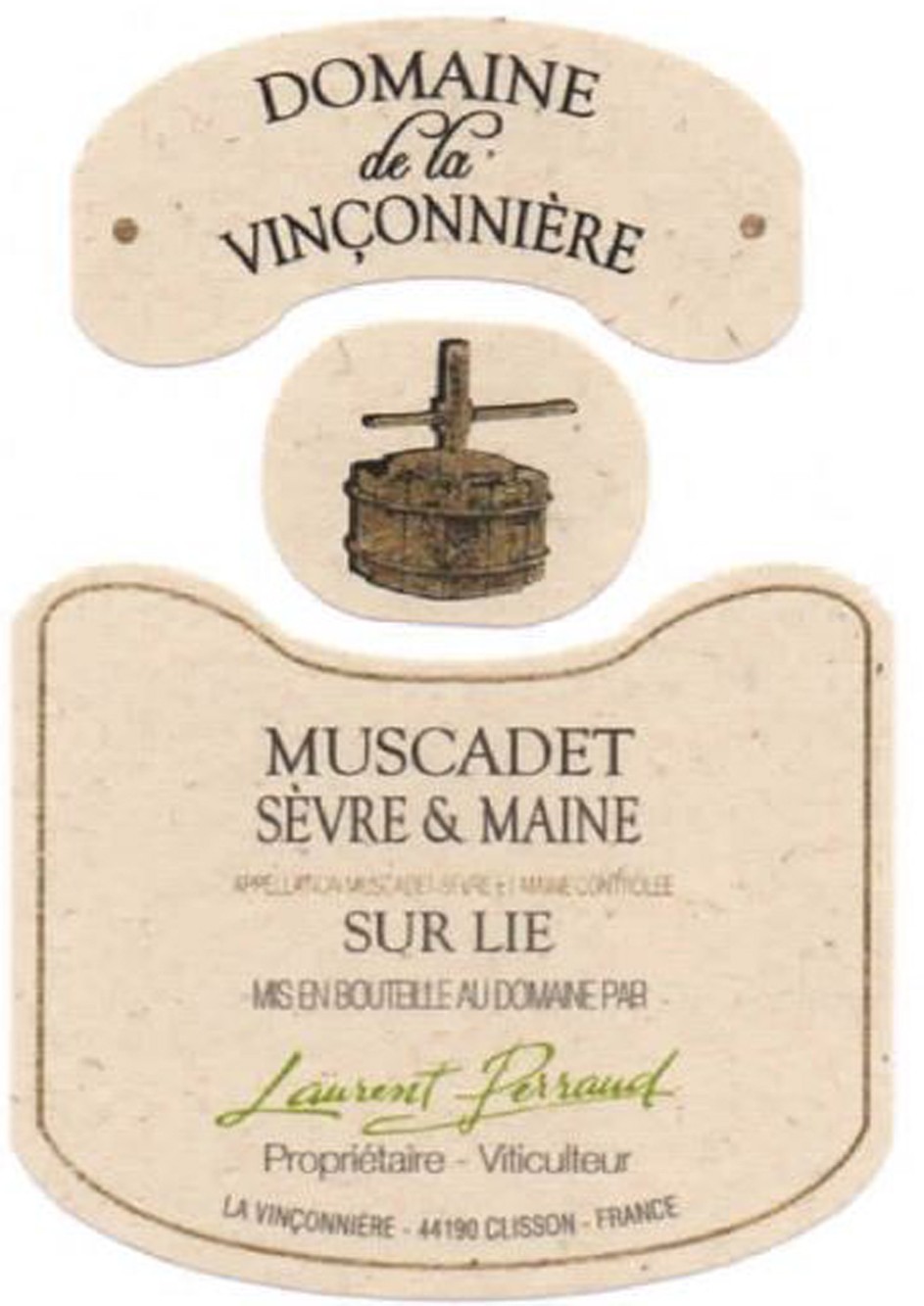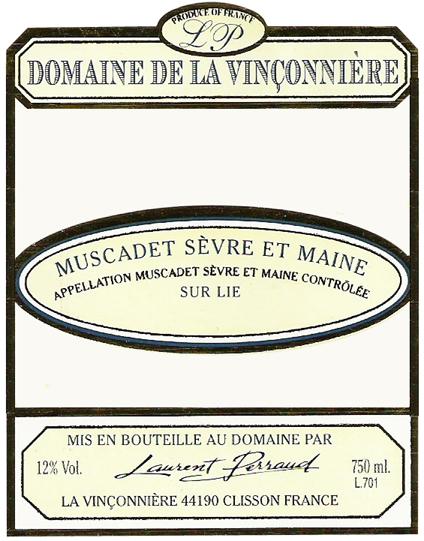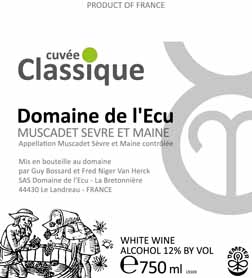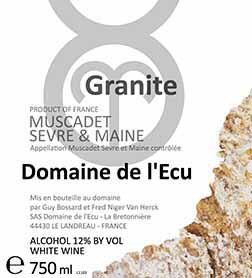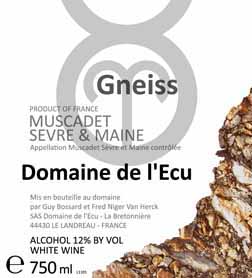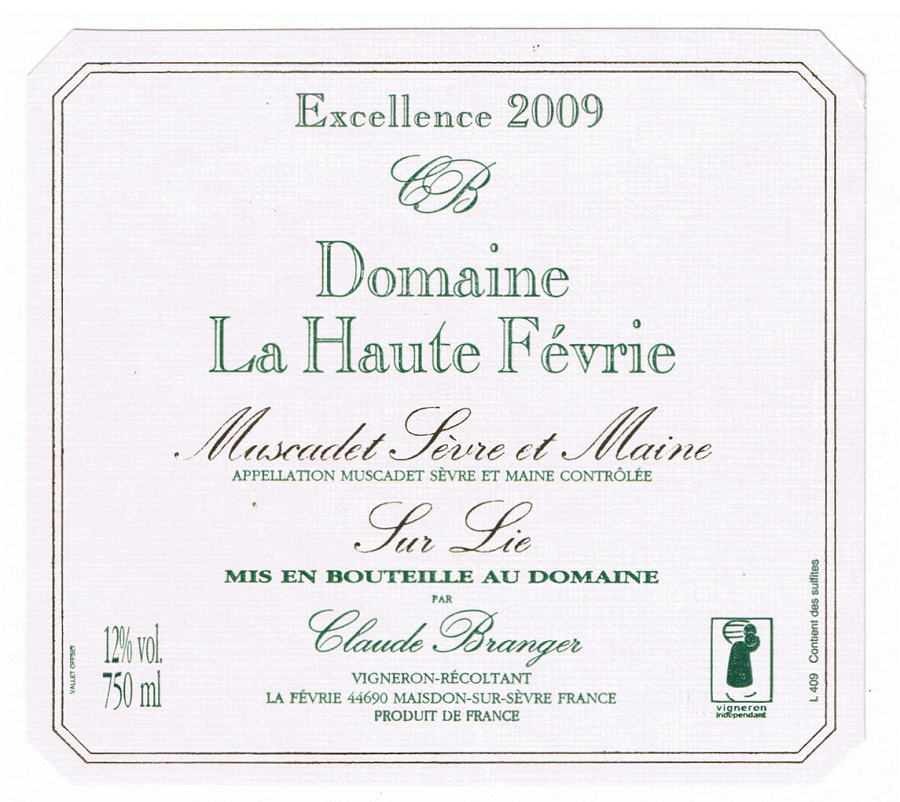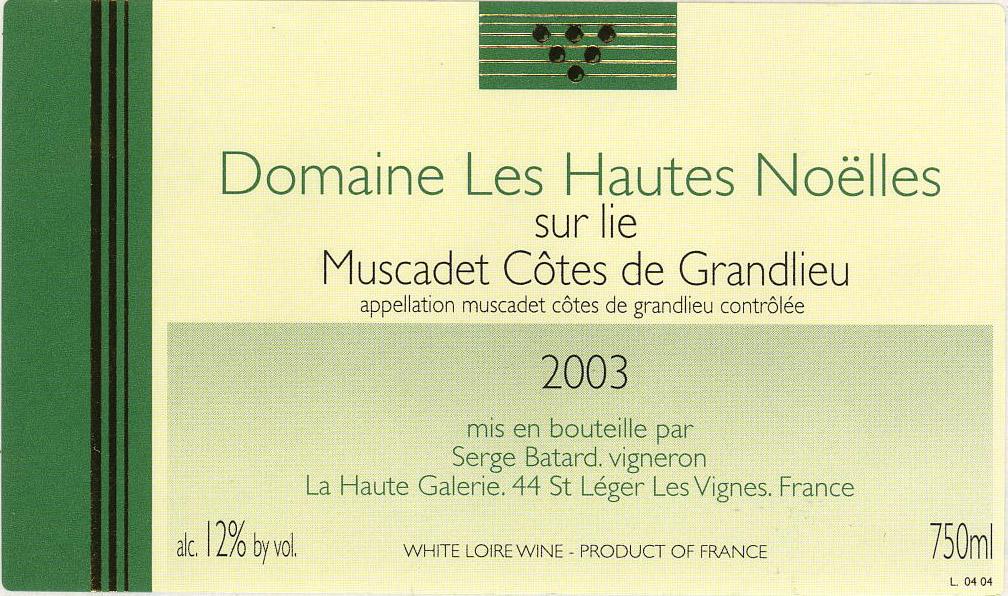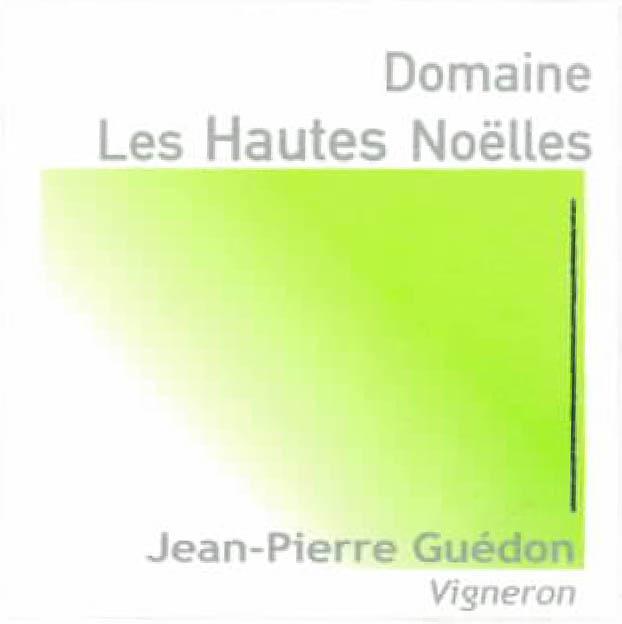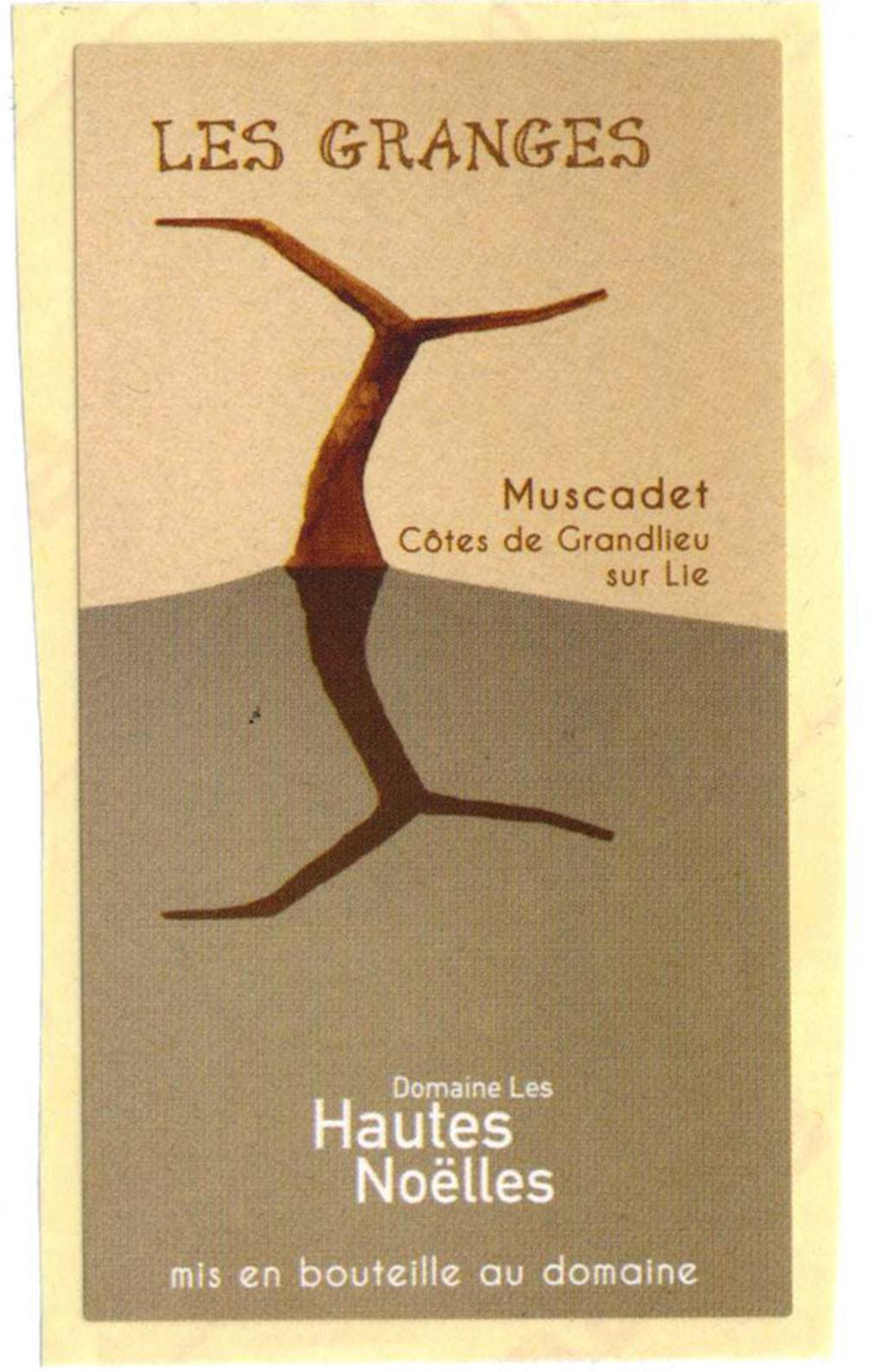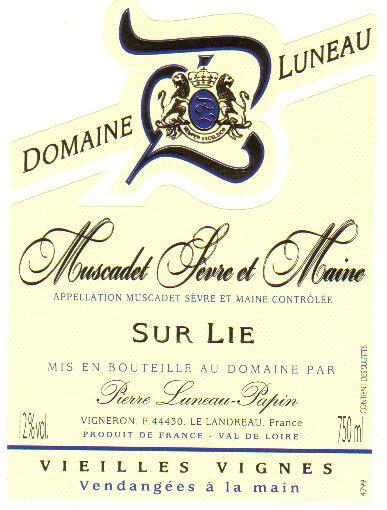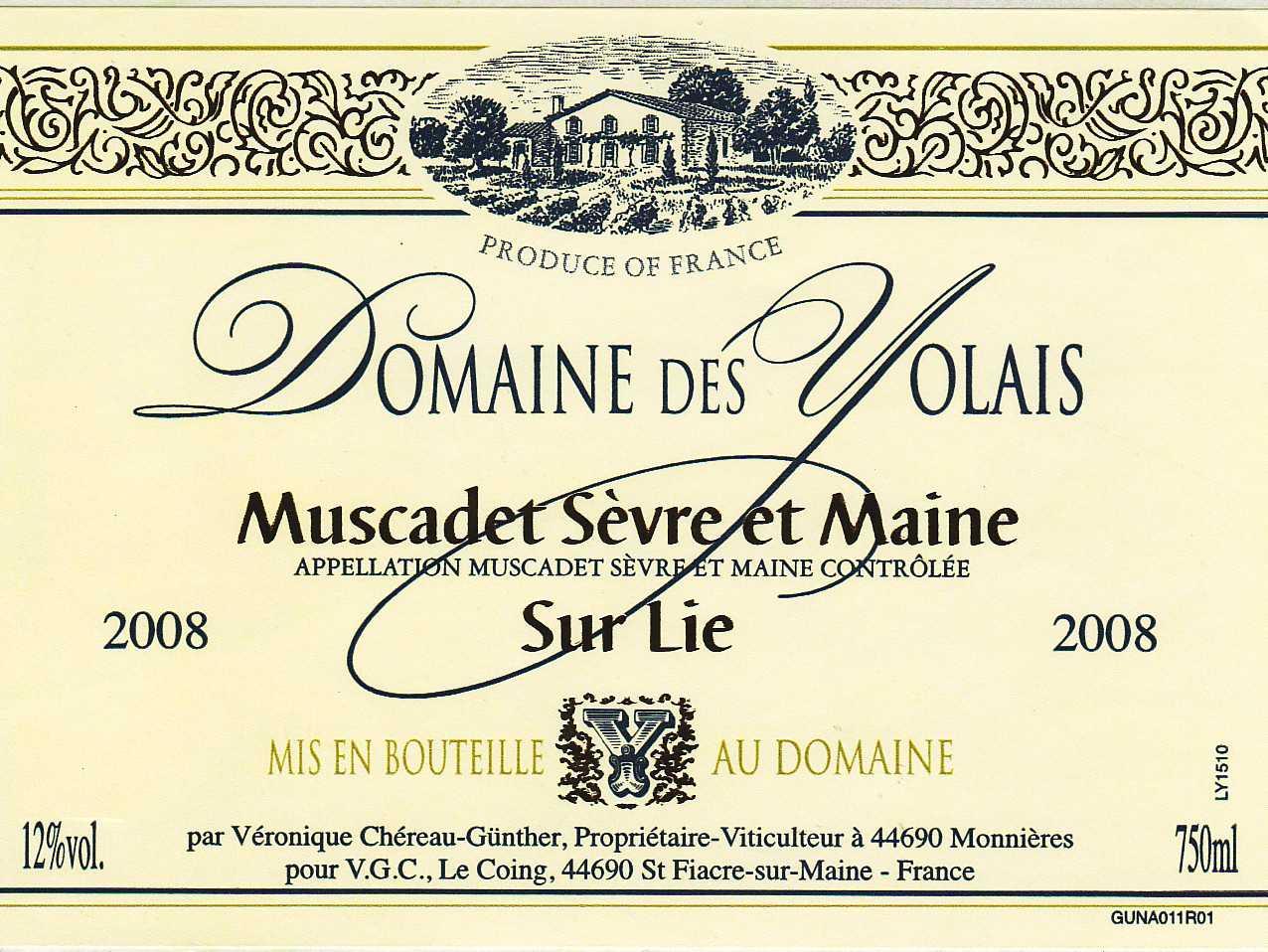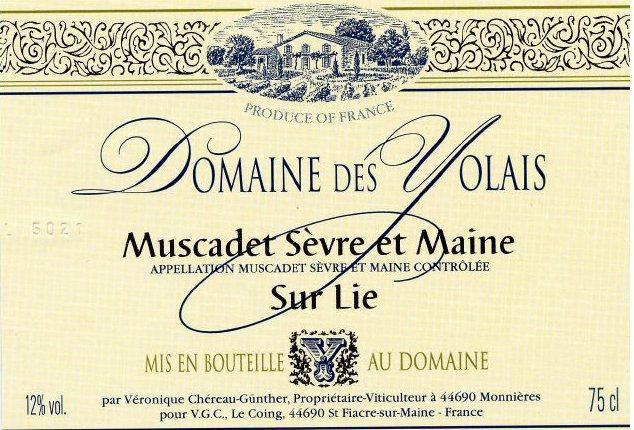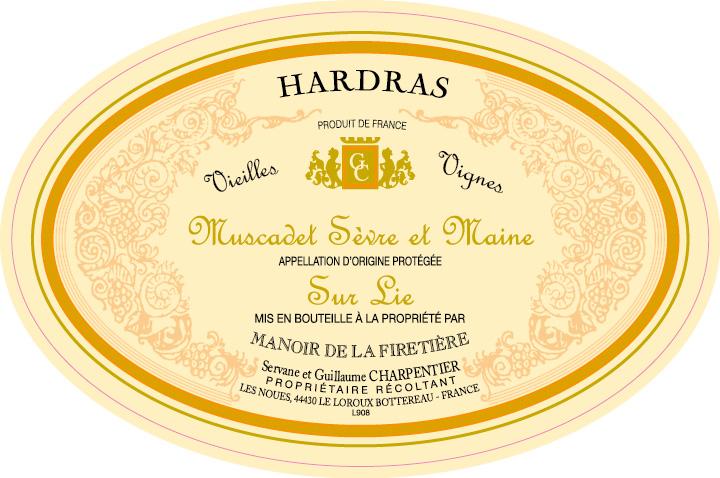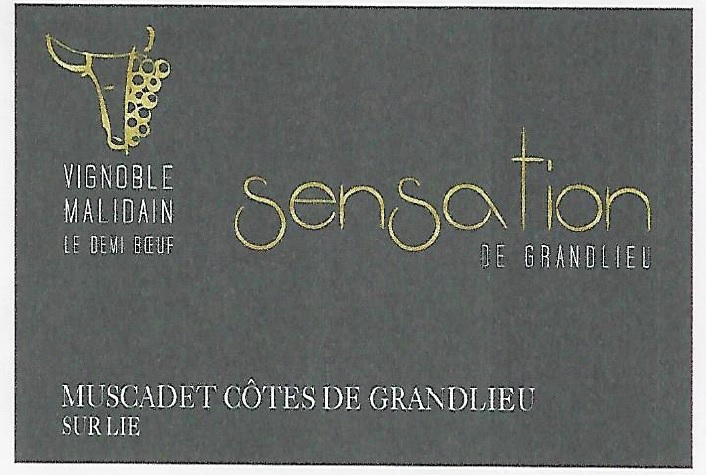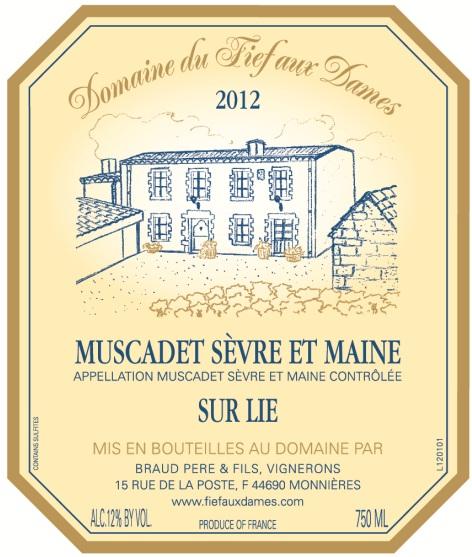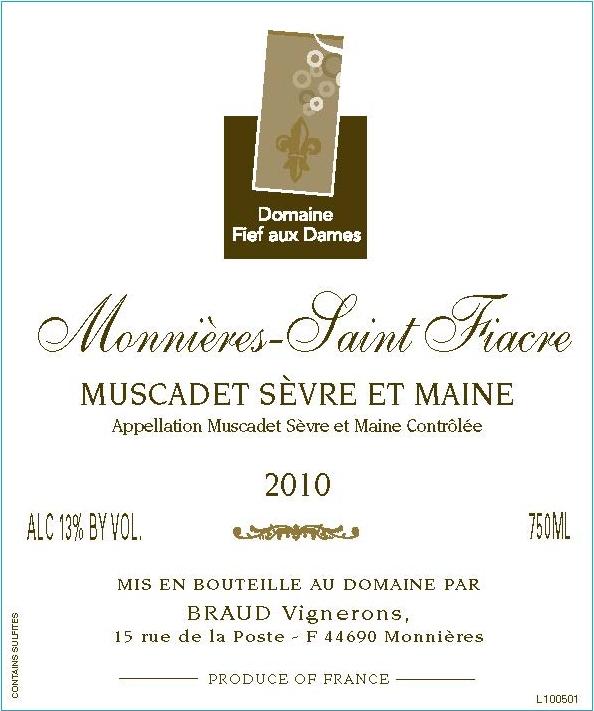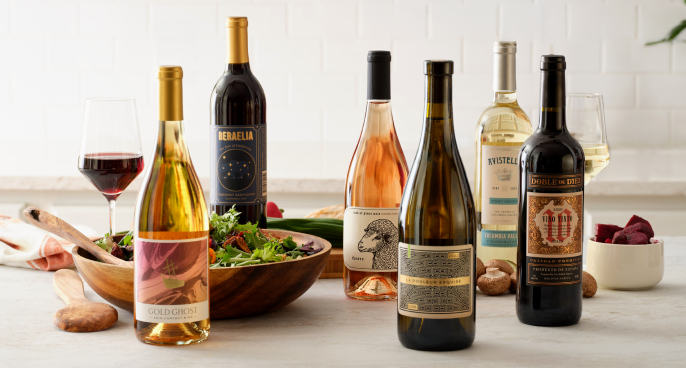Terroir of the Pays Nantais
The Pays Nantais is enriched by its unique terroir from the ancient Armorican Massif. The region's shallow, stony soils, composed of gneiss, mica-schist, granite, and greenstone, provide excellent drainage. These rocky terrains often lie on hillsides or terraces by the Loire River, with a sandy-loam top layer that enhances vine flavor concentration, giving wines a fresh, stony, and sometimes salty character.
Close to the Atlantic Ocean and the Loire estuary, the area enjoys a moderate oceanic climate. Summers are warm and humid, averaging 20°C, while winters are mild at around 6°C. With about 2,000 hours of sunshine and 700–800 mm of annual rainfall, the weather includes storms and spring showers. Despite the low-lying, river-rich landscape, this climate helps maintain the bright acidity essential for the region's crisp, saline wines.
Notable Wineries in the Pays Nantais
The Pays Nantais is home to an array of distinguished wineries, each contributing to the region's vibrant wine culture. Here are a few notable names:
-
Domaine de la Coche: Nestled in Clisson, this estate is celebrated for its traditional sur lie wines, showcasing the rich heritage of the area.
-
GAEC Topaze: A cooperative in Vallet, known for its commitment to quality and community-driven winemaking.
-
Domaine du Haut Planty: Situated in Landreau, this winery is renowned for its precise white wines and significant shift towards organic practices.
-
Domaine de la Pépière, Domaine Luneau-Papin, and Domaine de la Garenne: These estates are famed for their expressive cru Muscadets, each offering a unique taste of the region’s terroir.
The Vins de Nantes trade group actively supports these producers, ensuring the vibrant legacy of Pays Nantais wines continues to flourish.
Sustainable Winemaking in the Pays Nantais
The Pays Nantais is becoming a leader in sustainable wine production, with many winemakers opting for organic, biodynamic, or integrated farming approaches. These practices prioritize the health of the soil and the environment, utilizing cover crops, reducing chemical use, and embracing mechanical weeding. In the cellar, traditional Muscadet methods with lees aging and minimal intervention align with eco-friendly goals.
Producers focus on using native yeasts and improving energy and water efficiency, keeping pace with broader environmental efforts in the Loire Valley. This commitment not only enhances the quality of their crisp, mineral-rich wines but also ensures the long-term vitality of the land. The Pays Nantais is demonstrating how thoughtful viticulture can coexist with nature, providing a model for sustainable winegrowing.
Wine Tourism in the Pays Nantais
The Pays Nantais offers a rich canvas for wine tourism, blending cultural and natural attractions with its celebrated vineyards.
Visitors can explore domains like Domaine de la Coche and GAEC Topaze, where tasting tours showcase the region's signature Muscadet wines.
The scenic Loire River and the nearby Atlantic Ocean provide ideal settings for cycling or scenic drives, enhancing the exploration of the terroir that shapes the local wines.
Beyond vineyards, the Réserve Naturelle du Lac de Grand-Lieu invites nature enthusiasts to enjoy its diverse birdlife, while the vibrant city of Nantes offers a historical and culinary feast.
Events such as local festivals and “open vineyard” days further enrich the experience, making the Pays Nantais a compelling destination for wine aficionados interested in both the viniculture and the region's unique cultural and natural offerings.

